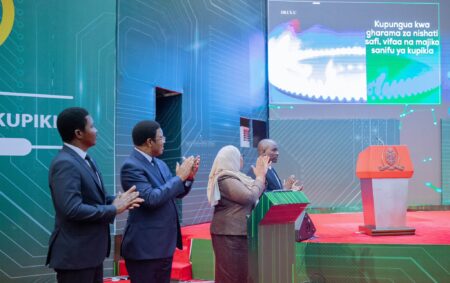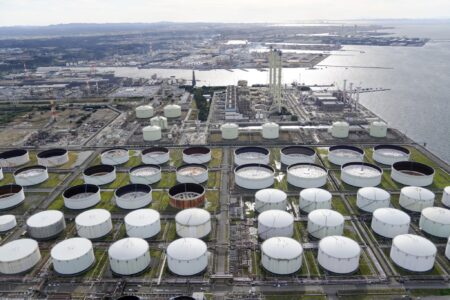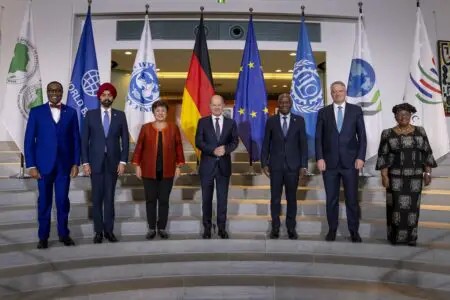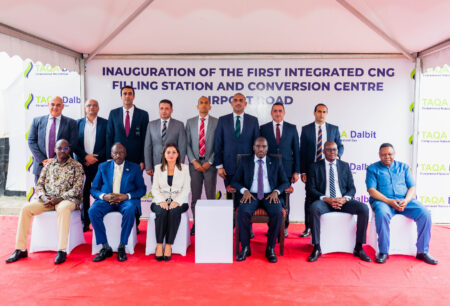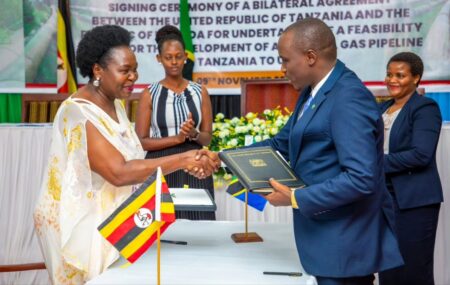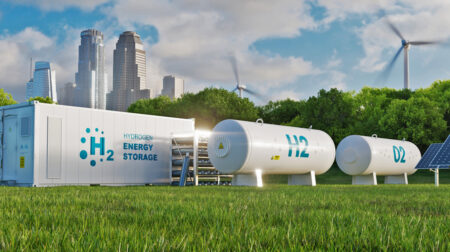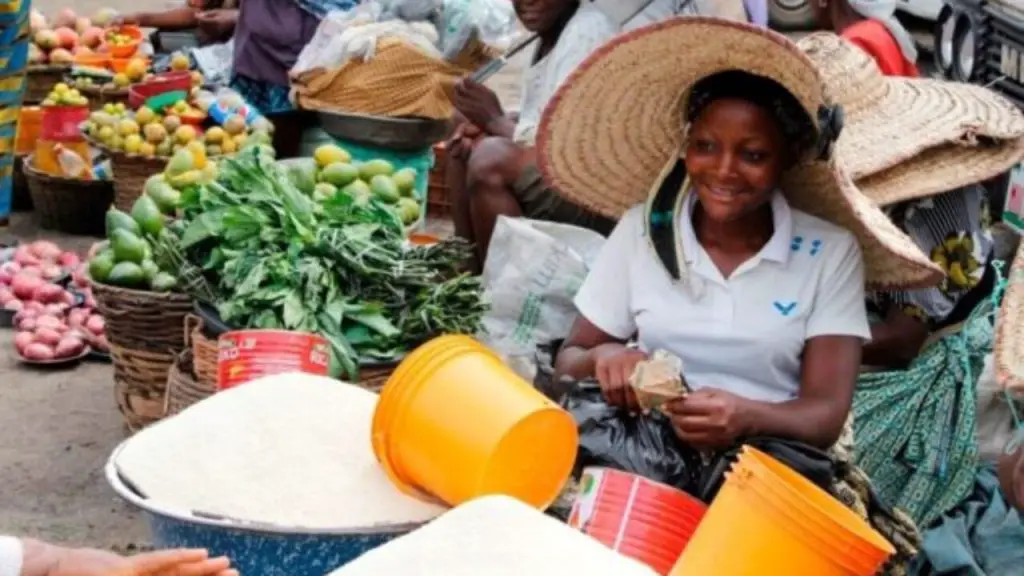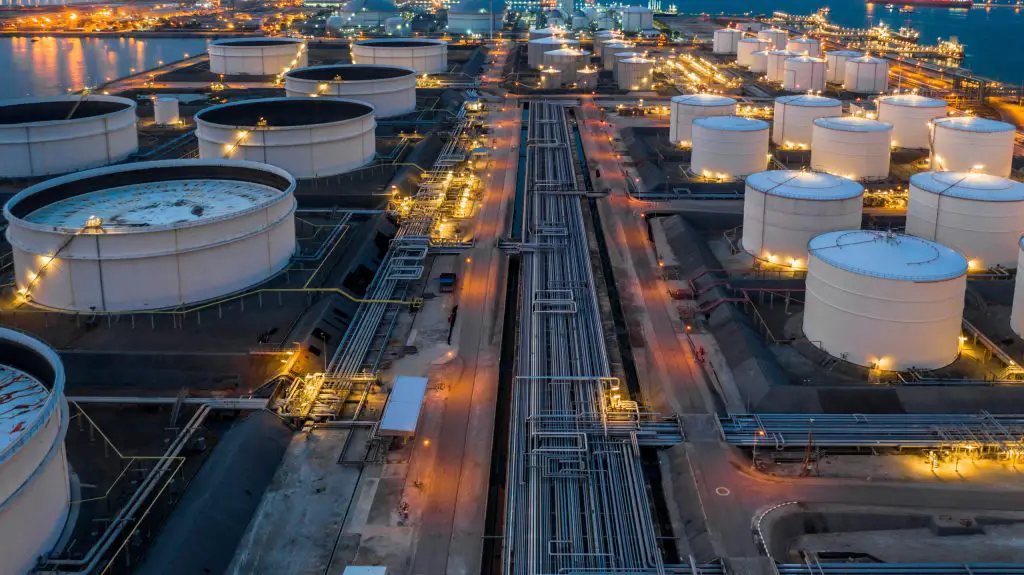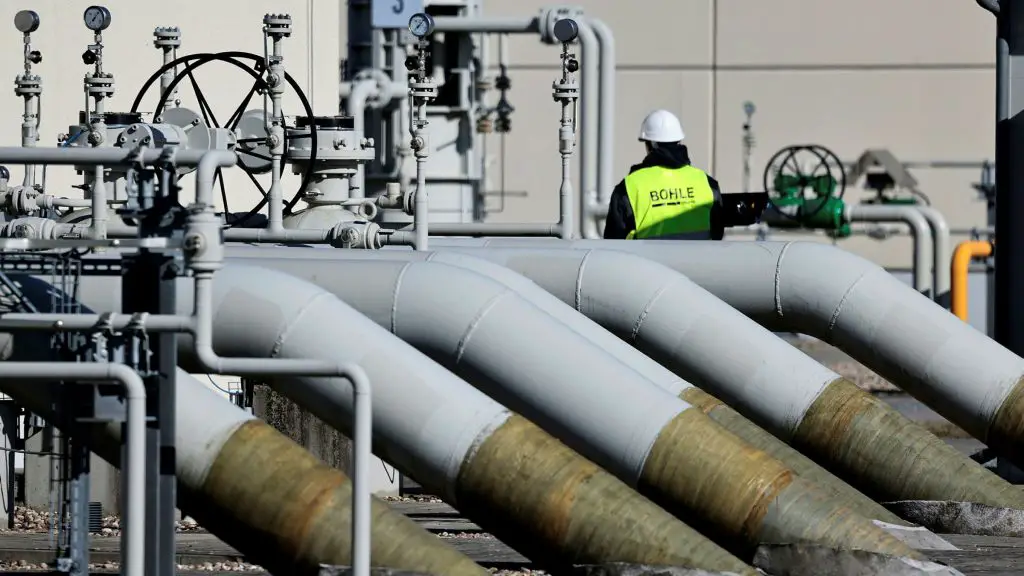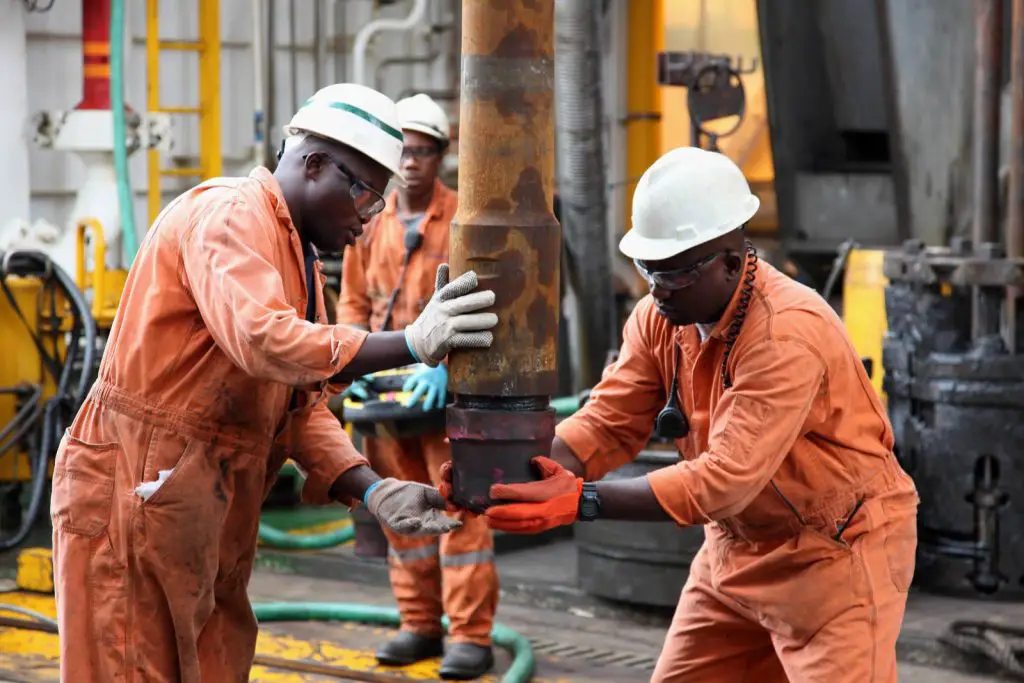- Africa’s new dawn: the rising role of digital and AI in agriculture
- Can Dangote Refinery Transform Africa Energy Ambition
- Gallup Survey: 80 per cent of Kenyan Workers Are Disengaged and Seek New Opportunities
- Madagascar Man Freed from 5KG Tumor After 15-Year Struggle
- How women in Africa are perceived and treated
- Sugar consumption in Kenya to Increase to 1.23 Million Tonnes
- Can Somalia and Turkey Oil deal Bring Change in Somaliland
- Remittances to Kenya dropped to $371.6 million in June, marking a six month low
Browsing: natural gas
- Firewood is responsible for killing at least 33,000 people yearly in Tanzania.
- A person who is exposed to firewood smoke for an hour has similar health risks as a person who smokes between 200 and 300 cigarettes.
- Tanzania is estimated to lose nearly 470,000 hectares of forest each year due to the rampant acts of cutting down trees for charcoal and firewood.
The use of clean cooking energy is no longer a luxurious thing. It is a necessity, Tanzania’s President Samia Suluhu Hassan noted recently during the launch of the 10-year National Clean Cooking Strategy in Dar es Salaam. However, this assertion comes at a precedented moment when women such as Magreth are seeking alternative energy.
“We ask President Samia to help us in any way possible with alternative ways of cooking such as gas,” says Magreth Ngole, a resident of Njombe and a frequent user of firewood for cooking …
- The Tanzania Electric Supply Company (Tanesco) is currently implementing almost ten hours of power rationing across the country.
- Tanzanian President Samia Suluhu Hassan has instructed the Tanesco chief to resolve the power rationing issue within six months.
- The country’s electricity grid is facing a shortage of 400 megawatts due to low water flow and maintenance issues.
Dear customer, please find today’s schedule for power rationing. This message has become all too familiar to millions of Tanzanians every morning, depressing news that now servs as a wake-up alarm from utility Tanzania Electric Supply Company (Tanesco).
Currently, power cuts in Tanzania, specifically in the commercial pulse, Dar es Salaam, range from 6 to 12 hours throughout the week, across various districts, including uprise sections.
The message comes as a shock not only to me but also to many Tanzanians as power cuts take a new toll in the nation with abundant alternative …
- In Berlin, German Chancellor Olaf Scholz says his country will invest 4 billion euros in Africa’s green energy until 2030.
- Scholz made the green energy plans after meeting African leaders and heads of international organizations during the G20 Compact with Africa conference.
- Compact with Africa was initiated by Germany in 2017 during its presidency of the G20 to improve conditions for sustainable private sector investment and investment in infrastructure in Africa.
The government of Germany has pledged to invest $4.37 billion (4 billion euros) in Africa’s green energy until 2030. German Chancellor Olaf Scholz made the announcement at a press conference in Berlin after meeting African leaders and heads of international organisations including the President of the African Development Bank (AfDB) Group Dr Akinwumi Adesina, during the G20 Compact with Africa conference.
The Compact with Africa was initiated by Germany in 2017 during its presidency of the G20 to improve …
- The “Master Gas” CNG filling station, the first of 12 planned stations, has a capacity of 11,000Kg of CNG, serving well over 800 vehicles daily.
- Vehicles powered by CNG emit about 25% less CO2, contributing to Tanzania’s consumption of clean, environmentally friendly energy.
- The filling station is a joint investment by TAQA Arabia and JCG Oil & Gas.
Tanzania has marked a significant milestone with the inauguration of its inaugural Compressed Natural Gas (CNG) filling station in the port city of Dar es Salaam. The commissioning ceremony, overseen by Dr. Doto Mashaka Biteko, Deputy Prime Minister and Minister of Energy of Tanzania, celebrated the joint investment by TAQA Dalbit, a tie up between TAQA Arabia and JCG Oil & Gas.
“We are on the cusp of a transformative shift in Tanzania’s energy landscape. With the dedication and foresight of industry leaders like TAQA Dalbit, we are ushering in an era …
- Tanzania will export liquified natural gas through the pipeline to Uganda
- Tanzania will build several plants along the route for domestic use of the gas
- Uganda plans to use the gas for power generation, especially for its iron mining projects
Tanzania and Uganda signed a deal finalising the 2018 MoU on joint natural gas pipeline construction. Tanzania’s Deputy Prime Minister Doto Biteko and his Ugandan counterpart, Minister of Energy and Mineral Development Ruth Nankabiriwahe, signed the deal on November 9
The 1800-kilometre pipeline will run from Tanzania’s southern regions of Lindi and Mtwara to Uganda’s capital, Kampala. This will be the first trans-border gas pipeline in East Africa and is expected to boost economic growth in both countries significantly. The multimillion-dollar project will create jobs along the construction route in both countries.
No official figures have been made public regarding the project’s total value or where the funding will come …
- Green hydrogen is defined as hydrogen produced by splitting water into hydrogen and oxygen using renewable electricity.
- Green hydrogen is the future for Africa, especially in the wake of transitioning from old ways of energy production to modern systems featuring clean, renewable energies.
- The conversation on clean and renewable energy has become interesting over the years as technology and finance in the sector grows.
Africa has the potential to produce $1.06 trillion worth of Green hydrogen energy, according to a European Investment Bank report dubbed ‘Africa’s Extraordinary Green Hydrogen Potential’.
Global demand for hydrogen is projected to rise seven fold by 2050, with Egypt, Kenya, Mauritania, Morocco, Namibia and South Africa primed to ride the demand for green energy.
Another report by Africa Green Hydrogen Alliance by 2050 asserts that green hydrogen could increase the GDP of the six nations by $126 billion, equivalent to 12 percent of their GDP.…
Rising costs have remained a critical issue in the aftermath of the outbreak. Data from the World Bank/NBS Nigeria – COVID-19 National Longitudinal Phone Survey 2020 reveals that food prices rose rapidly following the pandemic. In March and April, basic food commodity prices increased by 17.2 per cent and 18.37 per cent, respectively. According to the National Bureau of Statistics (NBS), the rise remains the highest in two years.
Recent findings based on comprehensive and long-term monthly food price data have revealed considerable price rises for all chosen food categories during the pandemic. Imported rice and wheat costs, for example, have climbed by 41% and 21%, respectively.
Wheat prices surged by 21% nationally, with considerable increases in price dispersion across markets when the epidemic began, and prices continue to grow.
Wheat is the main component of bread and other products such as noodles, pasta, semolina, and other Nigerian pantry staples. …
The European Union has imposed restrictions, including a partial oil embargo on Russia. The sanctions will see the E.U. ban seaborne imports of Russian crude oil by the end of 2022. Additionally, petroleum product imports would stand prohibited by early 2023. European Commission President Ursula von der Leyen reiterates the E.U. plans to reduce reliance on Russian fossil resources by 2027.
Because of the European Union’s political determination to minimize its reliance on Russia in response to Moscow’s invasion of Ukraine, the E.U. is now searching for alternative suppliers. The search implies that suppliers such as Africa’s underdeveloped frontier energy markets may discover new energy markets in Europe. Optimism remains high since it is clear the E.U. no longer rely on Russian gas. Russia has for years remained a primary gas supplier in Europe.…
Most African natural gas and oil sources lie in sub-Saharan Africa, including Nigeria, which possesses around one-third of the continent’s reserves, and Tanzania, opportunities Germany should seize.
The proposed Trans-Saharan pipeline would transport gas from Nigeria to Algeria via Niger, traversing a vast, ungoverned area. The proposed pipeline, if built, will connect to the current Galsi, Medgaz, Maghreb-Europe, and Trans-Mediterranean pipelines, which supply Europe from transmission centres on Algeria’s Mediterranean coast.
The Trans-Saharan pipeline would be almost 2,500 miles long. It could send up to 30 billion cubic meters of Nigerian gas to Europe yearly, roughly two-thirds of Germany’s Russian imports in 2021. Unfortunately, the Trans-Saharan pipeline will likely take a decade or more to complete and will face several hurdles as it passes through war and insurgency-ridden areas.…
As a gigantic energy superpower, Russia’s foreign direct investment (FDI) accounts for less than 1 per cent of Africa’s total FDI.
However, African Business argued that, with Russia being a small trading partner to Africa compared to the United States and China, the impact on trade would be marginal—yet few Africa developing economies such as Uganda will be more exposed.
Further, United Nations Conference on Trade and Development (UNCTAD) data show that Russia accounts for 2 to 3 per cent of Africa’s trade with the world—most of it is exports.
“Russia also accounts for 2 per cent of the world’s exports to Africa, and only 0.5 per cent imports from the continent” African Business.…





